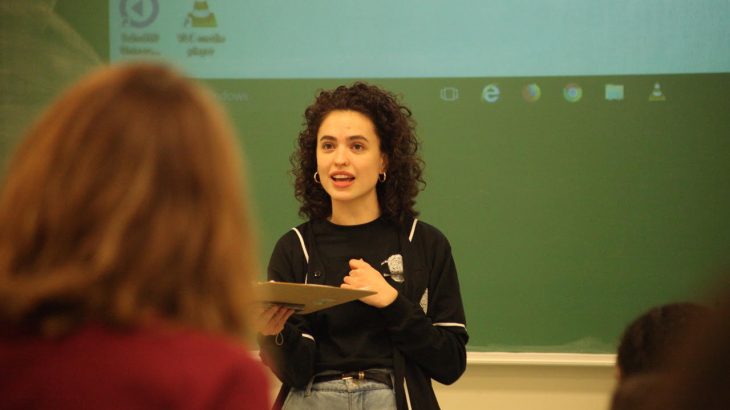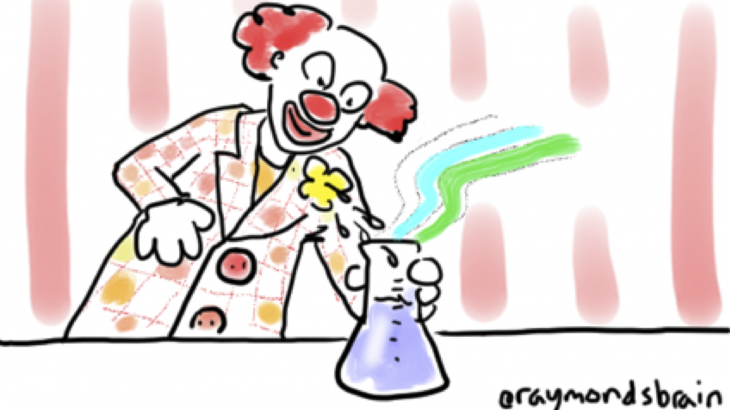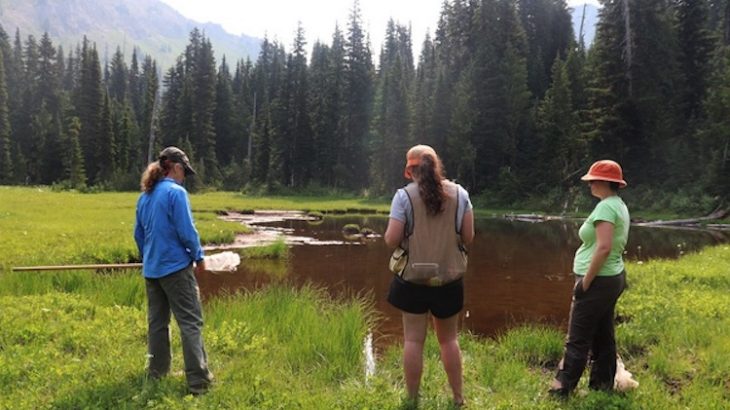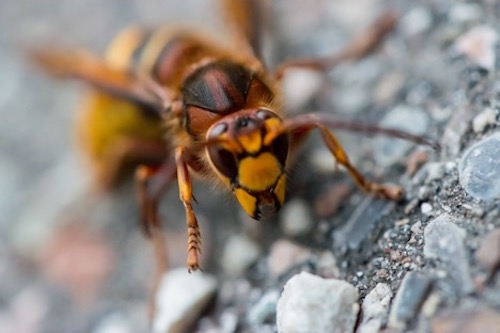
Madisson is a recent graduate of the University of Ottawa where she received her BSc in Biomedical Science. Excited by the ways that science can foster community, she facilitated both student-faculty and interuniversity relations as a representative on the University of Ottawa’s Science Students’ Association. Madisson is a fierce advocate for accessibility and equity in […]







